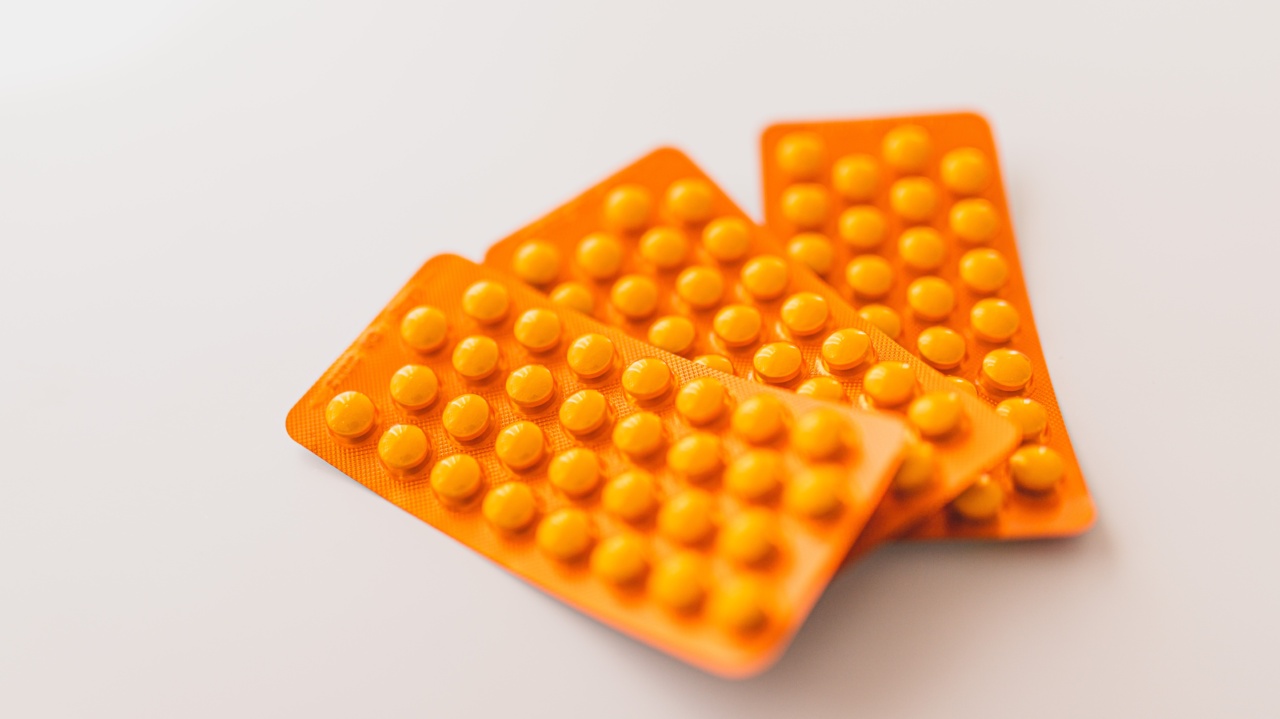Oral allergy syndrome, also known as pollen-food syndrome, is a type of food allergy that occurs in people who are allergic to certain pollens.
When they eat certain fresh fruits, vegetables or nuts, they experience itching, swelling, and redness in their mouth, lips, and throat, which can be mild to severe. It happens because the proteins in those foods are similar to the proteins found in pollen, causing the immune system to overreact and trigger an allergic response.
Causes of Oral Allergy Syndrome
The main cause of oral allergy syndrome is cross-reactivity between proteins in certain fruits, vegetables, and nuts and the proteins in pollen produced by trees, weeds, or grasses.
For example, if you are allergic to birch pollen, you may have an oral allergy syndrome reaction to apples, celery, carrots, almonds, hazelnuts, or cherries. If you are allergic to ragweed pollen, you may experience a reaction after eating watermelon, cucumber, zucchini, or sunflower seeds.
Other factors that may trigger oral allergy syndrome include:.
- Seasonal changes
- Environmental pollutants
- Stress
Symptoms of Oral Allergy Syndrome
The symptoms of oral allergy syndrome usually start within minutes to an hour after eating the trigger foods and may last for a few minutes to an hour. The symptoms include:.
- Itching or tingling in the mouth, lips, or throat
- Swelling of the lips, tongue, or throat
- Redness or rash on the skin around the mouth
- Difficulty swallowing or breathing
- Stomach cramps, nausea, or vomiting
In some cases, oral allergy syndrome may lead to anaphylaxis, a severe and life-threatening allergic reaction that requires immediate medical attention.
Preventing Oral Allergy Syndrome
There are several ways to prevent oral allergy syndrome:.
- Avoid the trigger foods:
- Cook the trigger foods:
- Peel the trigger foods:
- Consider immunotherapy:
The best way to prevent oral allergy syndrome is to avoid the foods that trigger it. This can be challenging because some trigger foods are healthy and widely used, but you may find alternative foods that do not cause an allergic reaction.
Cooking or baking the trigger foods may break down the proteins that cause the allergic reaction, making them less allergenic. For example, you may tolerate baked apples or carrots better than raw ones.
Peeling the trigger foods may remove or reduce the amount of allergens on the surface, making them less likely to cause a reaction. For example, you may peel the skin of an apple or a cucumber before eating.
Immunotherapy, such as allergy shots or sublingual immunotherapy, may help desensitize your immune system to the pollen allergens that cause oral allergy syndrome, reducing the severity and frequency of your reactions.
Conclusion
Oral allergy syndrome is a common type of food allergy that affects people who are allergic to pollen. It causes itching, swelling, and redness in the mouth, lips, and throat after eating certain fresh fruits, vegetables, or nuts.
While it can be uncomfortable and even dangerous in some cases, oral allergy syndrome can be prevented by avoiding the trigger foods, cooking or baking them, peeling them, or considering immunotherapy to reduce your sensitivity to pollen allergens. If you suspect that you have oral allergy syndrome, consult your doctor or an allergist for proper diagnosis and treatment.































